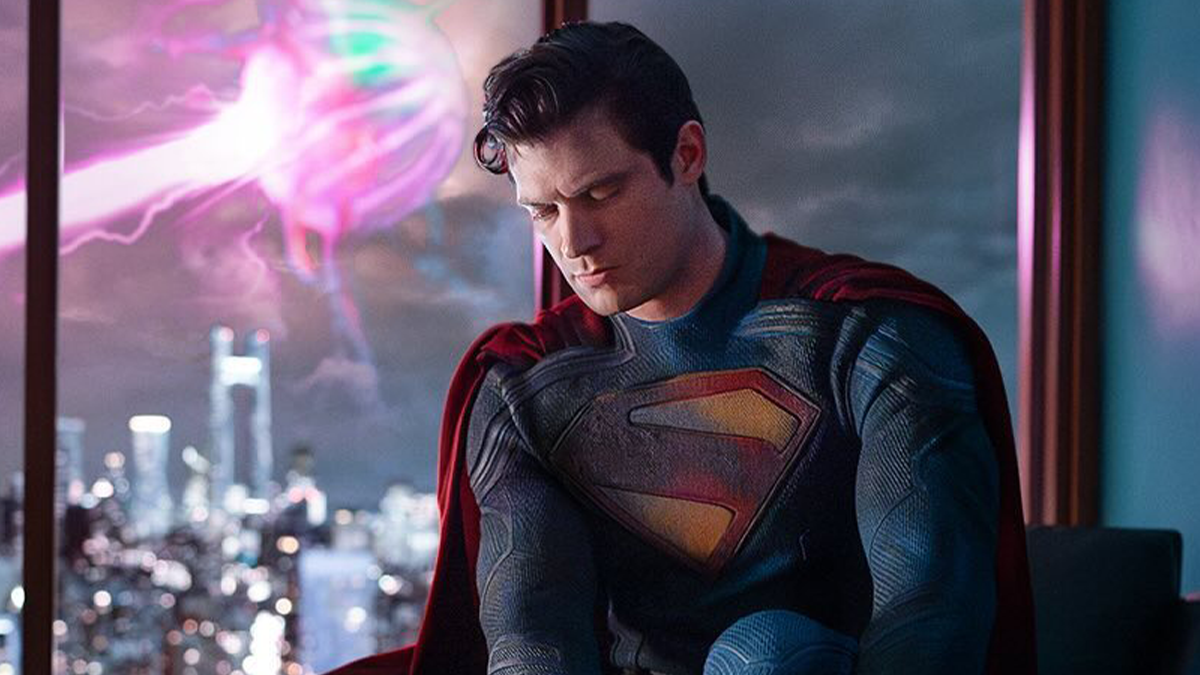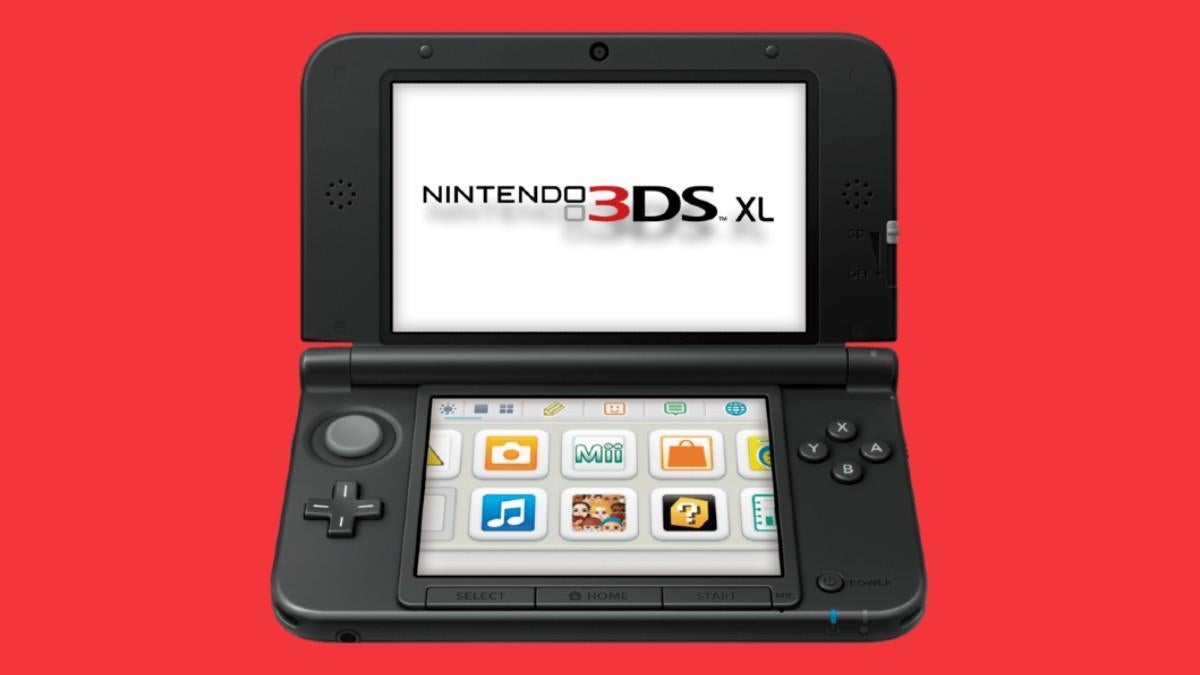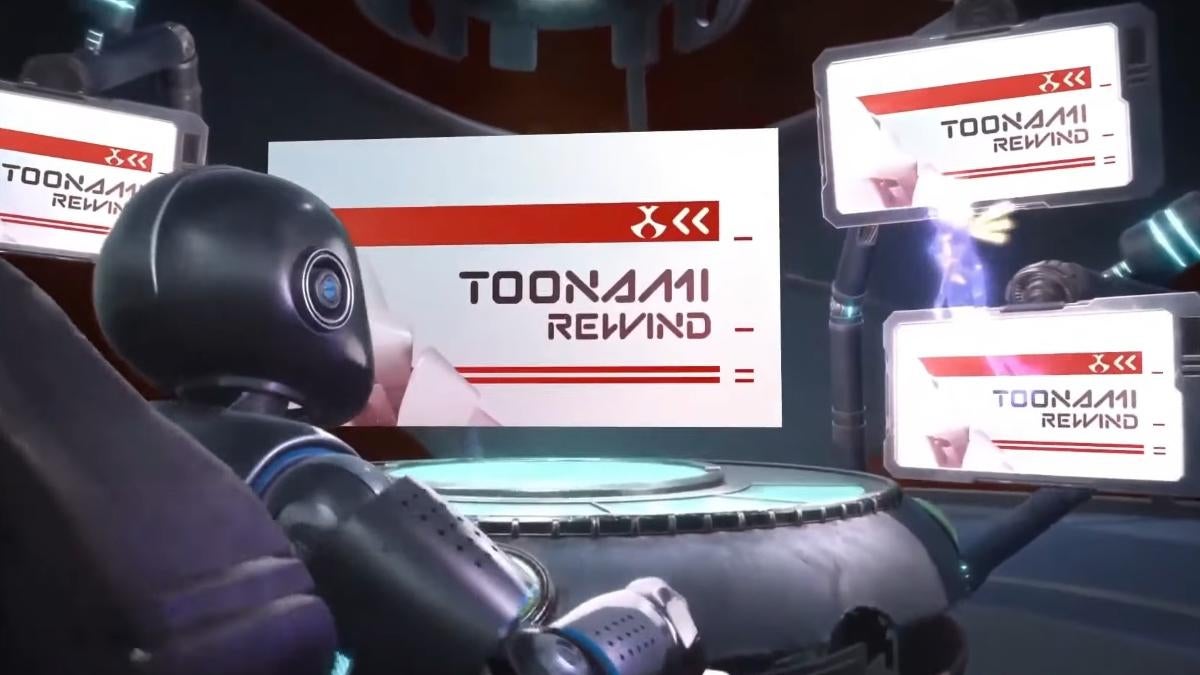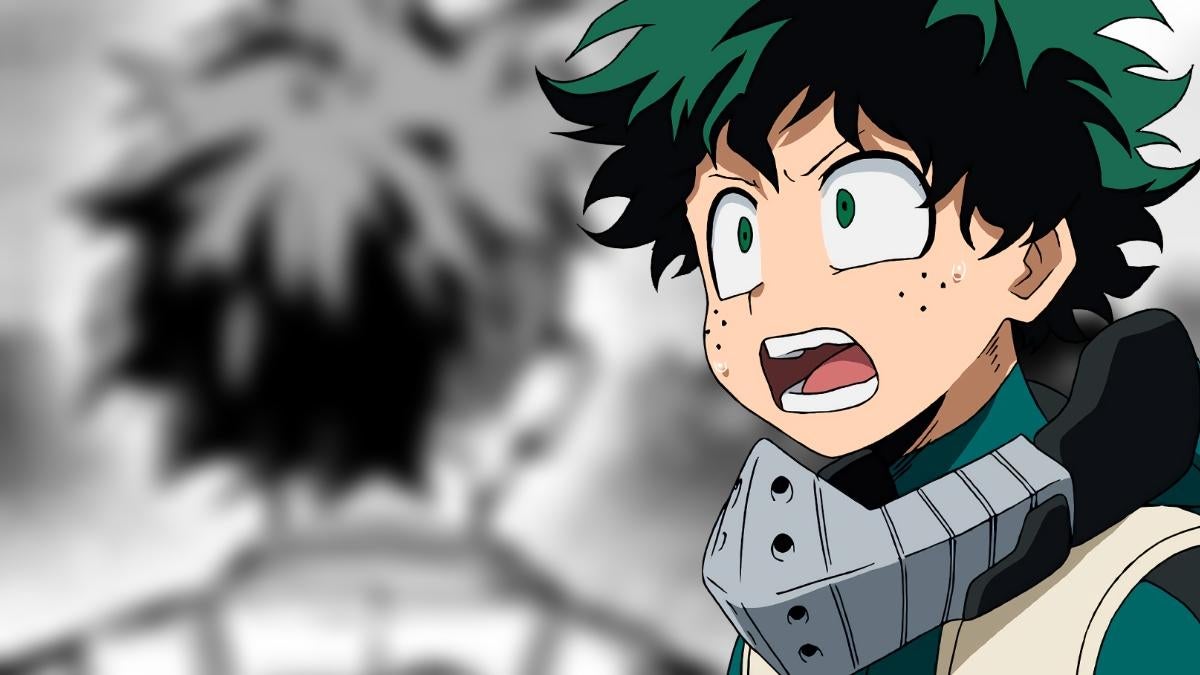Wonka Review: Good Heart, Some Imagination
Is Wonka a worthy prequel to the Charlie and the Chocolate Factory films?
Wonka makes the bold attempt to expand the backstory and character of one of modern literature's most famous characters: Willy Wonka, the famous candy-maker at the center of Roald Dahl's iconic book Charlie and the Chocolate Factory. Generations of fans have experienced Dahl's book, as well as two different, famous film adaptations based on it (in 1971 and 2005). With those films have also come two iconic Willy Wonka performances: a whimsical and, at times, edgy performance from Gene Wilder, and a weirdly offbeat and zany performance from Johnny Depp.
Enter Timothée Chalamet, who is in his prime as the young leading man of his generation. Chalamet is one of the only choices for an actor that fans would even consider worthy of following in the footsteps of Wilder and Depp – and with good reason. He's shown that he has character-acting chops to go with his star charisma across a variety of genres. With that said, the first good thing to report about Wonka is that Timothée Chalamet does the job of making the character his own, in ways that his predecessors never could. There's much of the film that works simply because Chalamet is both captivating to watch, and endearing as this more fleshed-out version of the Willy Wonka character. He captures elements of both Wilder's whimsy and Depp's weirdness and rolls them into something entirely fresh and new. It's a role that Chalamet could arguably return to again – much like Depp with his Captain Jack Sparrow.
Wonka couldn't sustain itself on Chalamet's performance alone – but director Paul King builds a wonderful, weird, and ultimately fun world around his titular character. With his Paddington movies, King took something older and iconic and infused it with modern storytelling sensibilities, a healthy dose of English humor, and a genuine beating heart. With Wonka he does the same, proving that it's very much his signature as director – and not an isolated fluke.
The world of Wonka doesn't feel like it belongs in the same universe as the 1971 and 2005 films – and by the time the end credits roll, it doesn't feel obligated to do so in any way. King has a team of talented creators around him, from cinematographer Chung-hoon Chung (Zombieland 2), to the musical numbers and score by Joby Talbot (Sing), production design by Oscar-nominated designer Nathan Crowley (Dunkirk, The Dark Knight and costuming by Oscar-winner Lindy Hemming (Wonder Woman) -- the entire team behind Wonka produces work worthy of awards consideration, and makes the movie pop with color and life on the screen.
The cast of Wonka is also pretty stacked with talent, including a scene-chewing Olivia Colman (Secret Invasion) and Tom Davis (The Curse) as despicable landlords, Paterson Joseph (The Leftovers) and Matt Lucas (Alice In Wonderland) as despicable rival chocolatiers, Sally Hawkins (The Shape of Water) as Willy Wonka's mom, and famous comedic actors like Keegan-Michael Key, Natasha Rothwell, Rich Fulcher, and Rowan Atkinson showing up for pivotal supporting roles. Young Calah Lane is still finding her footing as a screen actress, but has enough infectious charm and pluck for the world that King is building. Despite any doubts, Hugh Grant is an absolute scene-stealer as the Oompa-Loompa "Lofty," who relentlessly pursues (and eventually befriends) Wonka. The cast works well as an ensemble, while also working well in smaller pairs or groups for musical numbers.
Wonka has a lot going for it, but the screenplay by Simon Farnaby and Paul King does admittedly drag in parts. The premise of the film's story (Willy falling into indentured servitude and having to sell his chocolates in secret) has admirable thematic goals, conveying a story about how such pleasures are best shared and enjoyed by groups, and how Wonka learns that lesson through experience. However, the actual beats of the story begin to feel circular, and by the second act, it's hard to gauge where the story is trying to go. When the plane ultimately gets to the hangar, the point is hammered home in a heartfelt way, yet it doesn't feel like the journey was completed with confidence, instead salvaged in the edit bay. But a salvage job is still a salvage job in the end – and like its titular protagonist, Wonka has just enough magic to pull from some unseen corner of its hat to have fans walk away feeling like the treat was worth it.
Rating: 4 out of 5
Wonka is now showing in theaters.




